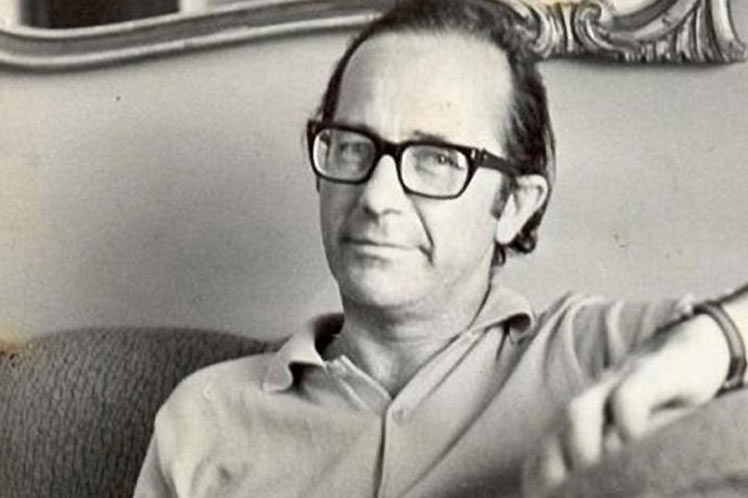The journalist and militant was assassinated in 1977 by a task force from the former Navy School of Mechanics, perpetrator of crimes against humanity, shortly after disseminating the Open Letter to the Military Junta.
Considered one of his most important texts, the letter constitutes a denunciation of the horrors perpetrated by the dictatorship, including torture, disappearances, death camps, and the surrender of the country to international financial powers.
They restored the current of ideas and interests of defeated minorities that hinder the development of the productive forces, exploit the people and disintegrate the nation.
Such a policy can only be temporarily imposed by banning parties, intervening in unions, muzzling the press and implanting the deepest terror, Walsh wrote in his letter.
Likewise, he condemned the imprisonment, murder, exile and disappearance of tens of thousands of people during the first year after the coup against María Estela Martínez in 1976.
Once the prisons were full, they created concentration camps where no judge, lawyer, journalist, or international observer enters.
The military secrecy of the procedures, invoked as a necessity of the investigation, converts most of the arrests into kidnappings that allow unlimited torture and execution without trial, he asserted.
They reached absolute, timeless, metaphysical torture, to the extent that the original purpose of obtaining information is lost in the disturbed minds that managed it to give in to the impulse to crush the human substance until it breaks it and makes it lose its dignity, adds the text.
On the other hand, he assures that “the causes that (…) move the resistance of the Argentine people will not disappear, but will be aggravated by the memory of the havoc caused and the revelation of the atrocities committed.”
The author of Operation Massacre, Who killed Rosendo? and other works of great relevance was persecuted, ambushed and riddled with bullets at the corner of San Juan and Entre Ríos in this capital, within the framework of the Condor Plan, directed by the Central Intelligence Agency of the United States.
His remains remain missing like those of many victims of the dictatorial regime.
In Cuba, in addition to his sharpness as a writer and journalist, he is remembered for his work in consolidating the first Latin American media opposed to the large information consortiums and conceived to spread the truth of the peoples.
As part of his work at Prensa Latina, Walsh deciphered secret cables about the preparation for the mercenary invasion of Playa Girón in 1961, which was defeated.
In the words of Cuban journalist Pedro Rioseco, Walsh was a great writer and revolutionary, committed to justice and the values of his profession.
ef/oda/gas









